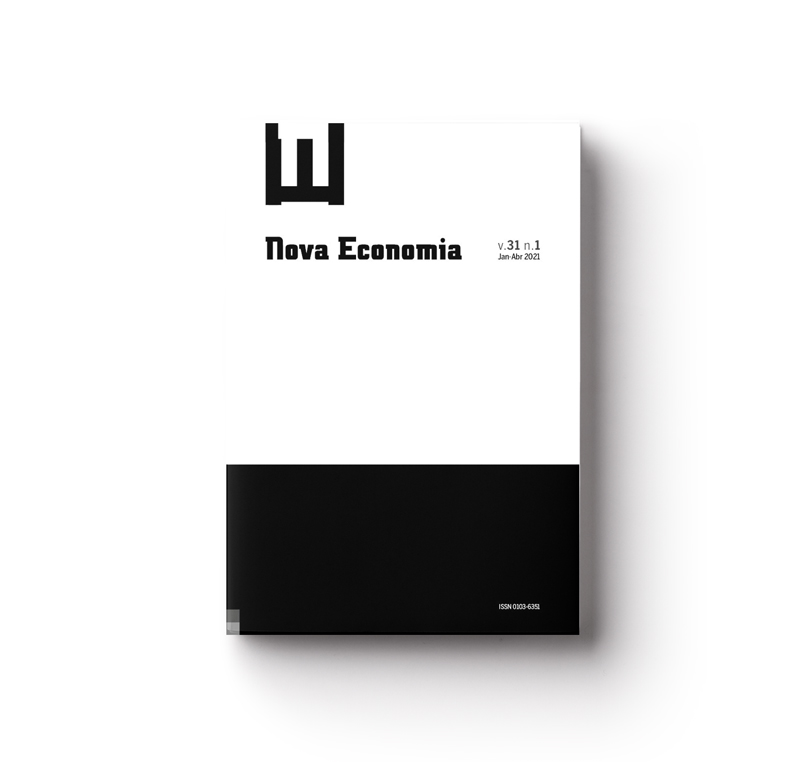Marxist dependency theory: the theoretical contribution by Ruy Mauro Marini
Abstract
Abstract
The aim of this paper is to discuss the two most important cathegories proposed by Ruy Mauro Marini – the workforce superexploitation and the subimperialism – and its relevance for understanding the especificities of the capitalist development in the peripheral and dependent latin-american countries, considering the role played for those countries in the internacional divison of labour. Furthermore, we will highlight the importance of the political aspects in Marini’s theory, and how those two cathegories are central in his critical interpretation on the political, economic and social problems of latin-american countries. Problems which could be solved only from the overcoming of the capitalist mode of production.
Keywords: marxist theory of dependency; dependent capitalism; peripheral capitalism; workforce superexploitation; subimperialism.
JEL Codes: B14, B24, B51, O54.
Downloads
Published
How to Cite
Issue
Section
License
Copyright (c) 2021 Pedro Henrique Evangelista Duarte

This work is licensed under a Creative Commons Attribution 4.0 International License.
Authors who publish with this journal agree to the following terms:
- Authors retain copyright and grant the journal right of first publication with the work simultaneously licensed under a Creative Commons Attribution 4.0 International License that allows others to share the work with an acknowledgement of the work's authorship and initial publication in this journal.
- Authors are able to enter into separate, additional contractual arrangements for the non-exclusive distribution of the journal's published version of the work (e.g., post it to an institutional repository or publish it in a book), with an acknowledgement of its initial publication in this journal.
- Authors are permitted and encouraged to post their work online (e.g., in institutional repositories or on their website) prior to and during the submission process, as it can lead to productive exchanges, as well as earlier and greater citation of published work (See The Effect of Open Access).




